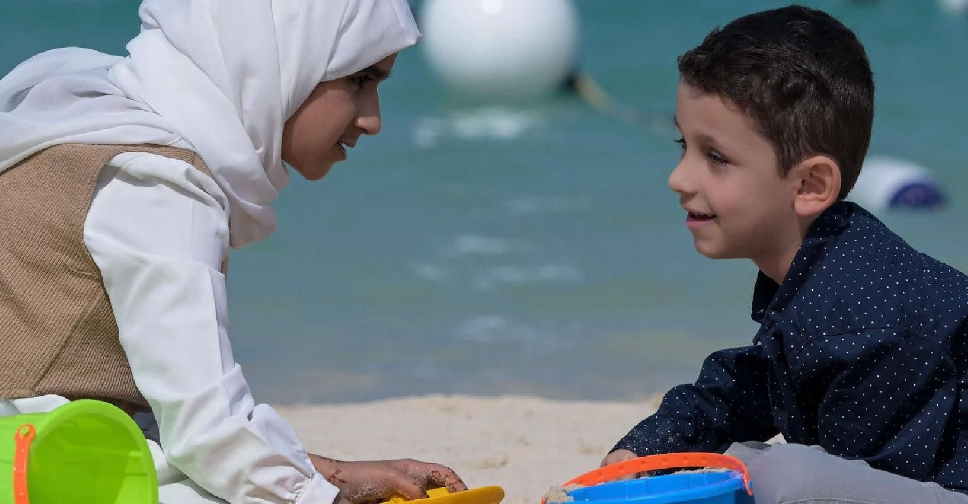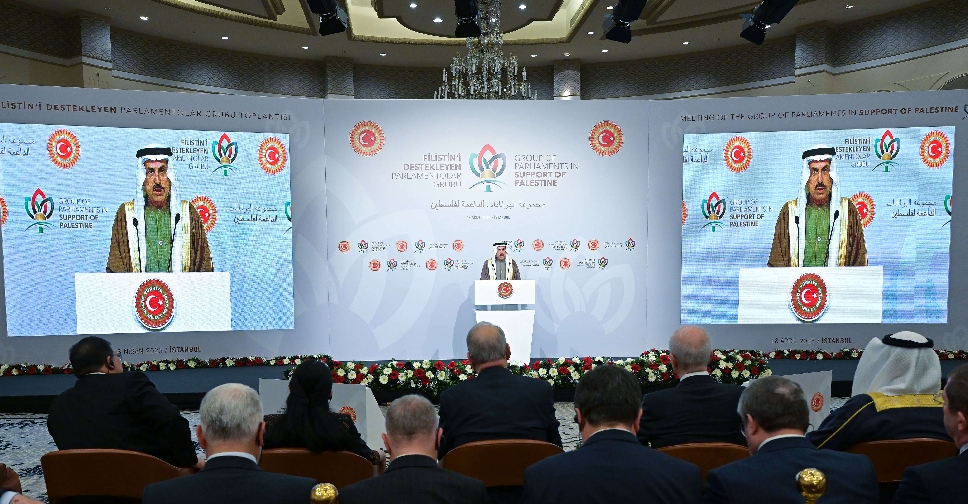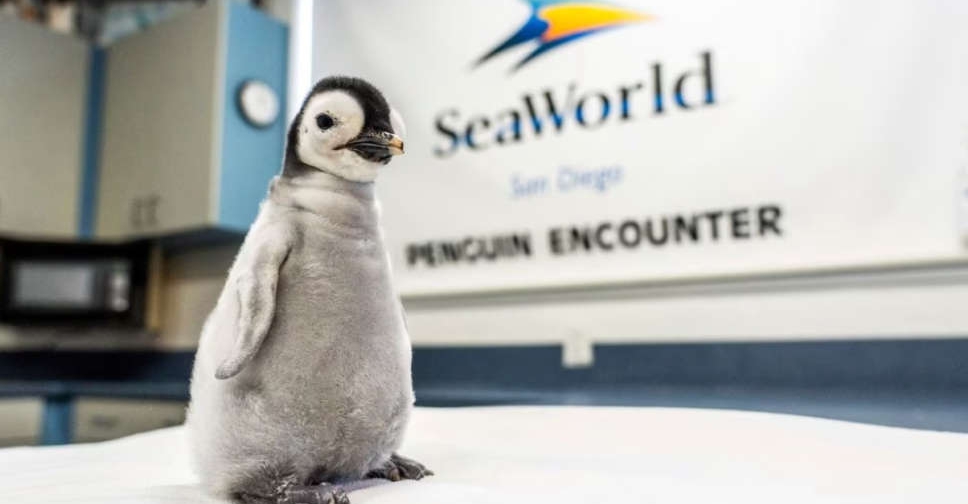
SeaWorld San Diego has welcomed the hatching of an emperor penguin for the first time in 13 years, announcing that the female chick came out of its shell with help from zoo staff on September 12.
"This is the most exciting thing we'll do all year, potentially all decade," said Justin Brackett, SeaWorld's birds curator, in a video provided by the park.
Listed as a threatened species, the emperor penguin is native to Antarctica and 17 of them live in a minus 5 Celsius habitat at the marine theme park and zoo where the egg was laid on July 7, SeaWorld said.
Some 300 penguins of several species live in the zoo's penguin habitat, but SeaWorld staff took special pride in the emperor hatching, said Melissa Ramsey, SeaWorld's supervisor of birds who helped hatch the penguin.
The emperor penguin (Aptenodytes forsteri) is the biggest of all penguin species, and can reach 1.15 meter in height and weigh up to 45 kg, according to the World Wildlife Fund (WWF).
Unlike other species that produce multiple eggs a year, the emperor female lays only one egg once a year, Ramsey said in a telephone interview.
While other penguin males and females share incubation duties, the female emperor usually returns to the sea to feed after laying the egg, leaving the male to incubate the egg for more than two months when it does not eat. They usually mate for life, the WWF says.
Because the mother did not transfer the egg to the father, SeaWorld staff took the egg into their care and detected movement and noise coming from the egg on September 7. After 72 hours elapsed without progress, the SeaWorld team carefully poked a hole in the egg to help the bird out over the next two days, Ramsey said.
The team later determined the chick had a beak malformation that impeded its hatching, Brackett said.
SeaWorld is inviting the public to name the bird, putting three candidate names up for a vote on Instagram or via email.


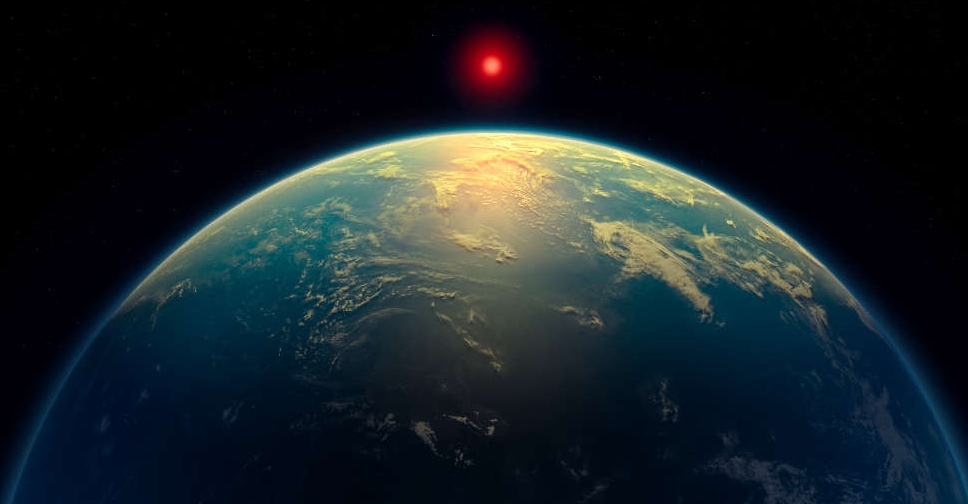 Scientists find strongest evidence yet of life on an alien planet
Scientists find strongest evidence yet of life on an alien planet
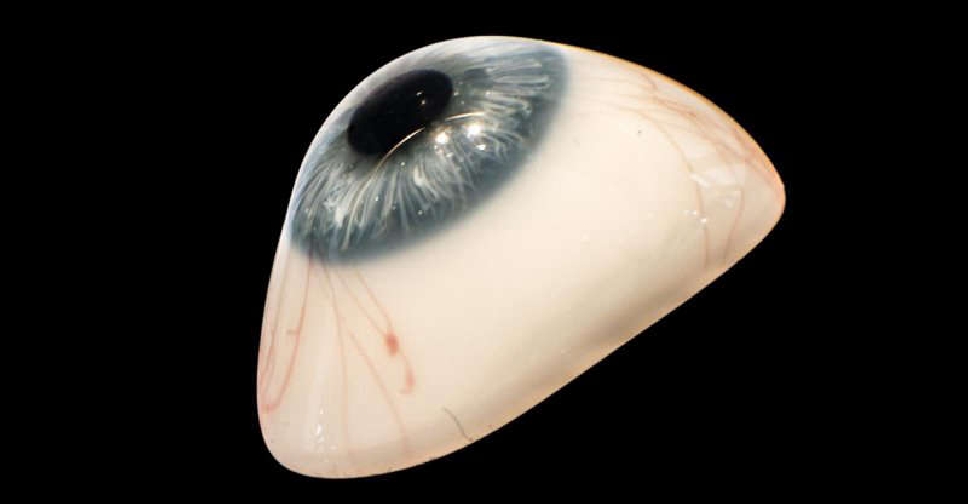 Unclaimed luggage firm finds 'Goonies' script, Rolex, glass eye
Unclaimed luggage firm finds 'Goonies' script, Rolex, glass eye
 LeBron James becomes first male athlete with Ken doll
LeBron James becomes first male athlete with Ken doll
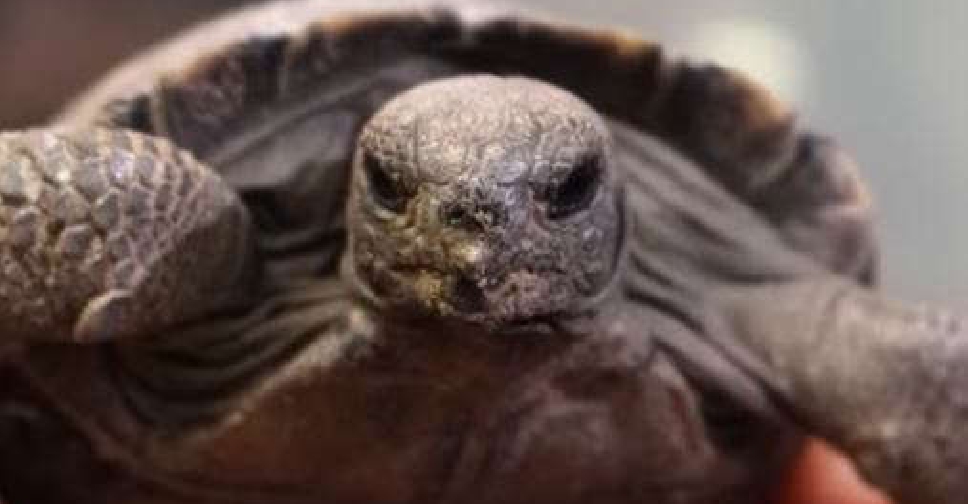 Galapagos tortoises become first-time parents aged 100
Galapagos tortoises become first-time parents aged 100
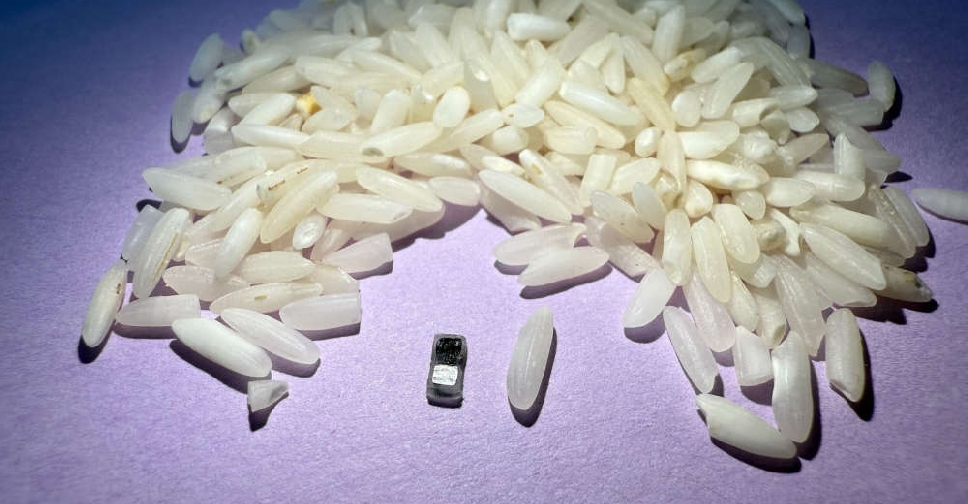 Scientists develop world’s smallest injectable, dissolvable pacemaker
Scientists develop world’s smallest injectable, dissolvable pacemaker

